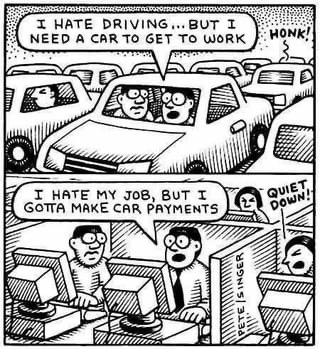Archived
Authorities and environmentalists in Zambia fear the long-term impact of an acid spill at a Chinese-owned mine that contaminated a major river and could potentially affect millions of people after signs of pollution were detected at least 100 kilometers (60 miles) downstream.
[...]
The collapse allowed some 50 million liters of waste containing concentrated acid, dissolved solids and heavy metals to flow into a stream that links to the Kafue River, Zambia’s most important waterway, the engineering institution said.
“It is an environmental disaster really of catastrophic consequences,” said Chilekwa Mumba, an environmental activist who works in Zambia’s Copperbelt Province.
China is the dominant player in copper mining in Zambia, a southern African nation which is among the world’s top 10 producers of copper, a key component in smartphones and other technology.
[...]
Zambian President Hakainde Hichilema called for help from experts and said the leak is a crisis that threatens people and wildlife along the Kafue, which runs for more than 1,500 kilometers (930 miles) through the heart of Zambia.
Authorities are still investigating the extent of the environmental damage.
[...]
The [Zambian] Ministry of Water Development and Sanitation said the “devastating consequences” also included the destruction of crops along the river’s banks. Authorities are concerned that ground water will be contaminated as the mining waste seeps into the earth or is carried to other areas.
[...]
Discontent with Chinese presence
The environmental impact of China’s large mining interests in mineral-rich parts of Africa, which include Zambia’s neighbors Congo and Zimbabwe, has often been criticized, even as the minerals are crucial to the countries’ economies.
Chinese-owned copper mines have been accused of ignoring safety, labor and other regulations in Zambia as they strive to control its supply of the critical mineral, leading to some discontent with their presence. Zambia is also burdened with more than $4 billion in debt to China and had to restructure some of its loans from China and other nations after defaulting on repayments in 2020.
A smaller acid waste leak from another Chinese-owned mine in Zambia’s copper belt was discovered days after the Sino-Metals accident, and authorities have accused the smaller mine of attempting to hide it.
Local police said** a mine worker died at that second mine after falling into acid and alleged that the mine continued to operate after being instructed to stop its operations by authorities**. Two Chinese mine managers have been arrested, police said.
Both mines have now halted their operations after orders from Zambian authorities, while many Zambians are angry.
“It really just brings out the negligence that some investors actually have when it comes to environmental protection,” said Mweene Himwinga, an environmental engineer who attended the meeting involving Zhang, government ministers, and others. “They don’t seem to have any concern at all, any regard at all. And I think it’s really worrying because at the end of the day, we as Zambian people, (it’s) the only land we have.”




